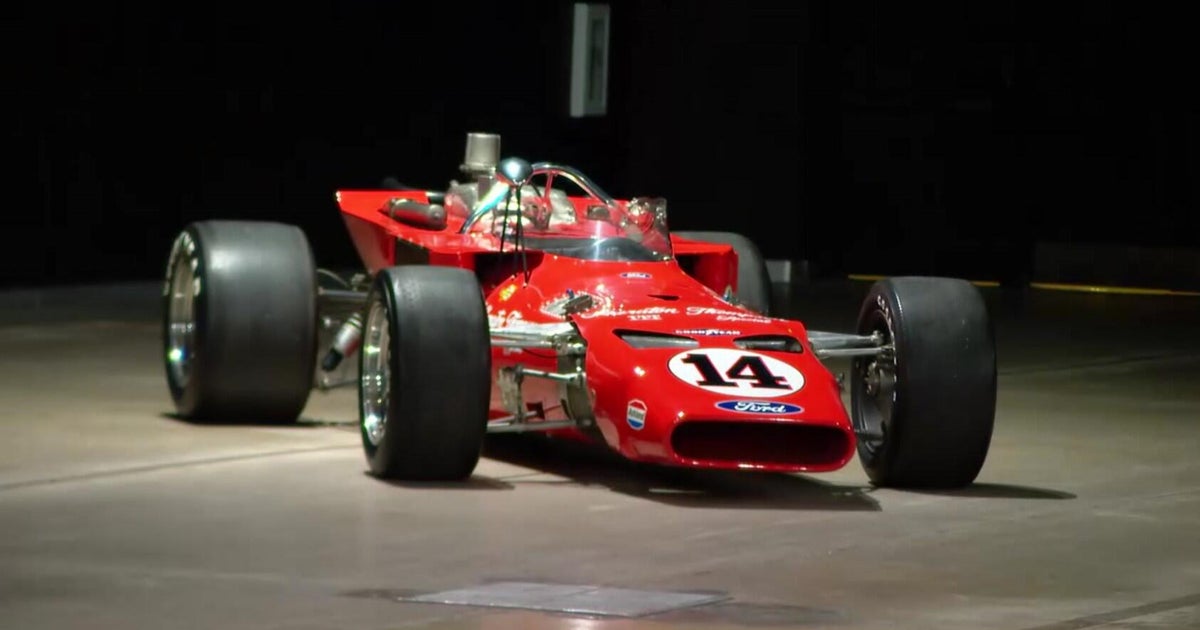EcoMotors In New Engine Deal With Navistar
Allen Park-based EcoMotors International and Warrenville, Ill.-based Navistar International Corp. announced a development agreement in support of EcoMotors' OPOC (Opposed Piston, Opposed Cylinder) engine architecture.
EcoMotors International's first product targeted for commercial application is a turbo-diesel version of the innovative opposed-piston, opposed-cylinder engine.
"We continue to be on the cutting edge of technology and our development agreement with EcoMotors once again demonstrates our commitment to develop new, innovative approaches to the commercial vehicle industry," said Dan Ustian, Navistar chairman, president and CEO. "Our company has a long history of pushing the envelope to deliver state-of-the-art, customer-focused solutions and we see great promise in EcoMotors' breakthrough engine design."
Khosla Ventures' Vinod Khosla, EcoMotors' primary investor along with Bill Gates, sees the Navistar-EcoMotors alliance as a reflection of the disruptive nature of the OPOC technology.
"We are delighted that Navistar, a global leader in the commercial vehicle industry, has recognized the game-changing promise of OPOC," Khosla said. "The only truly disruptive technologies are those that can provide not only rapid payback but also economic and carbon benefits to large segments of the world's population without the need for subsidies or massive infrastructure investments. Among next-generation propulsion systems, the OPOC engine is broadly applicable and can provide lower carbon emissions than almost any other technology."
EcoMotors' patented engine design creates a ground-breaking internal combustion engine family architecture that will operate on a number of different fuels, including gasoline, diesel, natural gas and ethanol. The OPOC's new opposed piston-opposed cylinder direct gas exchange operation provides the well known emissions benefits of four-cycle engines, the simplicity benefits of two-cycle engines, the power density of the less well known opposed piston engine, and new developments in electronics and combustion technology, all tied together in a new and proprietary engine architecture.
"EcoMotors is proud to partner with Navistar to commercialize the revolutionary OPOC engine," said Don Runkle, CEO, EcoMotors International. "For customers such as Navistar, this remarkable engine technology represents a competitive advantage that enables not only enhanced environmental sustainability, but also greater profitability. Our engineers are working to effectively rejuvenate the internal combustion engine for the 21st century."
The OPCO engine comprises two opposing cylinders per module, with a crankshaft between them -- each cylinder has two pistons moving in opposite directions. This innovative design configuration eliminates the cylinder-head and valve-train components of conventional engines, offering an efficient, compact and simple core engine structure. The result is an engine family that is lighter, more efficient and economical, with lower exhaust emissions.
EcoMotors' OPOC engine has a number of advantages over traditional internal combustion engines. The OPOC engine has a high power density of nearly one hp per pound resulting in an unprecedented lightweight and compact engine. The OPOC engine is perfectly balanced enabling stackable power modules. This unique modular displacement capability is one of the long standing, but elusive goals of engine engineers' quest for high efficiency. In addition, it also results in much less noise, vibration and harshness than a conventional engine of comparable power.
Its simple design allows for low cost, efficient manufacturing and increased operating durability, because of 50 percent fewer parts than a conventional engine, straightforward assembly, no cylinder heads or valve-train and the fact that it uses conventional components, materials and processes
As greater power density is achieved, a range of critically important attributes will result, including lower weight, smaller size, lower material costs, lower friction, greater fuel efficiency, lower emissions and lower heat rejection.
EcoMotors' intellectual property also includes an electrically controlled turbocharger technology which incorporates an electric motor in the turbo assembly to regulate boost pressure resulting in a long list of unique advantages, including improved combustion efficiency to meet emissions, electrically controlled variable compression ratio, improved vehicle fuel economy, enhanced vehicle drivability due to improved low-end torque, the elimination of turbo lag, and waste heat recovery by generating electricity
The development in clutch technology enables customers to take advantage of the engine's modular displacement capability. The clutch assembly is housed between two engine modules, and is engaged when vehicle power demands require both modules to deliver power. When the power of the second module is not needed, the clutch is disengaged, allowing the second engine to stop completely. This not only improves fuel economy dramatically by reducing parasitic losses, but also improves the efficiency of the primary module.
More at www.navistar.com or www.ecomotors.com.







